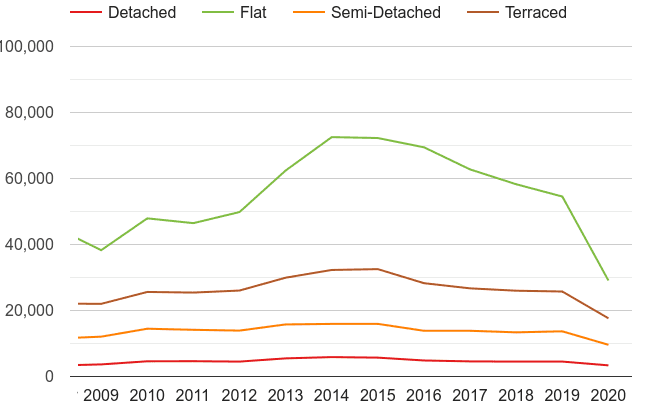Early trading saw the FTSE 100 index reach a new record of 8,480.57, exceeding its previous high of 8,474 in May 2024.
London’s Stock Market has been boosted by a three-day rally fueled by the unexpectedly low UK Inflation figures, and an optimism about potential rate reductions.
The Bank of England’s monetary policy may be eased this year, as the Bank of England has been fueled by expectations that retail sales figures were disappointing.
The markets now expect between two to three rate reductions, which is a major shift from last week where fewer than two were expected.
In response to this, the pound has weakened. This development benefits London-listed multinationals by increasing their earnings abroad.
Shares rise after merger talks between Glencore & Rio Tinto
London’s mining industry was the standout performer. Shares in Glencore, Rio Tinto and other companies rose on news of preliminary discussions regarding a possible merger.
Both The Financial Times (FT) and Bloomberg reported last year that two major mining companies had held early stage talks on a potential merger.
In the morning, Glencore shares gained 3% while Rio Tinto rose 1.5%.
The merger would be the biggest deal ever in the history of mining, but it is also likely to face significant obstacles. Bloomberg reported,
Glencore owns large assets in copper at a moment when all the biggest producers of the metal are looking to expand. It also has a huge coal business, which would be less attractive to Rio.
It said that the chief executive of the larger company has expressed apprehension about mega-deals and both companies are very different in culture.
These reported discussions follow on from a series of strategic reviews that have been conducted in the mining industry since BHP failed to acquire Anglo American for PS39 billion last year.
Retail sales slump raises questions over consumer confidence
The retail sales volume in Great Britain fell by 0.3%, falling short of expectations for a 0.4% rise.
This decline is a sign that consumers are being cautious during the holidays, even though major retailers such as Tesco have reported their best Christmas sales ever.
Office for National Statistics, ONS noted that the food stores sales volume fell 1.9%. This impacted on overall retail performance.
The growth of non-food items such as clothes and housewares partially offset this decline.
Hannah Finselbach is a senior statistician with the ONS.
After a slight rise in November, retail sales declined again in December. The reason for this was a poor food-sales month, with the supermarket sector being particularly affected.
Retail sales volume fell 0.8% in the quarter ending December compared with the prior quarter. This indicates that consumer spending is waning towards the end of the calendar year.
Consumer confidence is likely to be declining due to economic uncertainty, according surveys.
The timing of Black Friday complicates the adjustment to seasonal data.
Retail sales volume increased by 10% on a nonseasonally adjusted basis in December. This reflects a strong festive activity.
Trump’s tariff speculation boosts global markets
FTSE’s rally reflects a broader global optimism, brought on by news that US President Donald Trump could adopt a measured approach in implementing tariffs.
Prospects of reduced tensions in trade have lifted the mood, especially among sectors that are export-oriented.
The current rally is a good example of the interaction between expectations for monetary policy, movements in currencies, and geopolitical events.
Investor optimism is boosting the stock market as interest rates are set to be cut, despite weaker economic indicators that cast doubt on longer-term prospects for growth.
The original version of this article, FTSE 100 reaches record highs as hopes for interest rate cuts fuel rally, appeared at ICD.
This site is for entertainment only. Click here to read more





